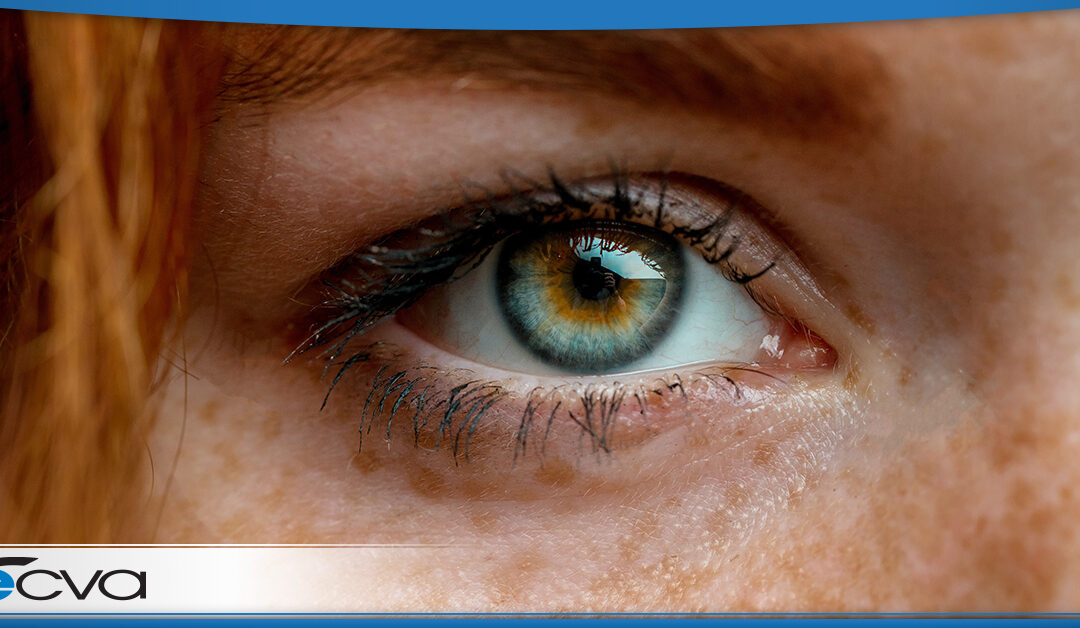When you experience an eye twitch, it’s common to be concerned. Not only is the sensation uncomfortable or bothersome, but it’s hard to tell if the eye twitching is benign or related to a serious condition.
If you are dealing with eye twitching and want to understand the cause, learn how to stop the twitch, and determine whether you need to see a doctor, here’s what you need to know.
What Is an Eye Twitch?
Eye twitching – also called blepharospasm – is a type of movement disorder. It causes involuntary movements around the eye, including involuntary blinking or trembling. Usually, the eye twitch is an annoyance but isn’t painful. Additionally, they typically stop on their own, though it can take a while for that to happen.
Common Causes of Eye Twitching
Eye twitching can be caused by a variety of situations, many of which are benign. Some of the most common reasons a person may experience an eye twitch include:
- Fatigue or Tiredness
- Stress or Anxiety
- Eye Strain
- Caffeine Consumption
- Nicotine Consumption
- Alcohol Consumption
- Medication Side Effect
In those situations, the eye twitch usually resolves itself in some time. For example, after resting, a fatigue or eye strain-related twitch can subside.
However, eye twitching can also be a symptom of certain medical conditions, some of which are serious. Here are some of the medical conditions that can have eye twitching as a symptom:
- Parkinson’s
- Multiple Sclerosis
- Bell’s Palsy
- Stroke
- Dystonia
- Tourette’s Syndrome
- Meige Syndrome
- Brain inflammation
- Corneal Abrasion
- Blepharitis
- Uveitis
- Conjunctivitis
In these cases, a medical professional’s treatment is essential, not just for stopping the twitch. Without treating the underlying condition, symptoms can continue or worsen. Additionally, some of the conditions above can be fatal if left untreated.
How to Stop an Eye Twitch
In many cases, eye twitches caused by strain, fatigue, or tiredness will resolve on their own, particularly after some rest. For stress, relaxation exercises could make a difference. With anxiety, following your treatment regimen for acute episodes may provide relief. When it comes to consumption-related eye twitches, waiting for the substance to exit your system may be necessary to get relief from the eye twitch.
However, if it’s related to a medical condition, treating the underlying condition might be necessary to alleviate the twitch long-term. If you have any of those conditions and are experiencing an eye twitch, you’ll need to work with your doctor to determine how best to alleviate the symptom.
When to See a Doctor About Eye Twitching
If you have a twitch lasting for more than 72 hours, spasms that also involve additional facial muscles, spasms preventing you from opening one or both eyes, signs of inflammation, symptoms of an eye infection, or pain, it’s best to see your doctor about your eye twitch right away.
Additionally, if you have symptoms of any of the conditions above, you should also immediately see your doctor. If you’re experience drooping of facial muscles, slurred speech, or other signs of a stroke, call 911.
Once you see a doctor, they can determine the root cause of the eye twitch. Then, they can create an appropriate treatment plan to address the underlying cause. This can include anything from medications to lifestyle changes to other forms of treatment, depending on the condition involved.
Your Eye Health is Our Priority
At ECVA, our staff works diligently to care for the eye health of our patients. If you haven’t had an eye exam recently or are concerned about an eye twitch, schedule an appointment at your closest ECVA clinic today.


